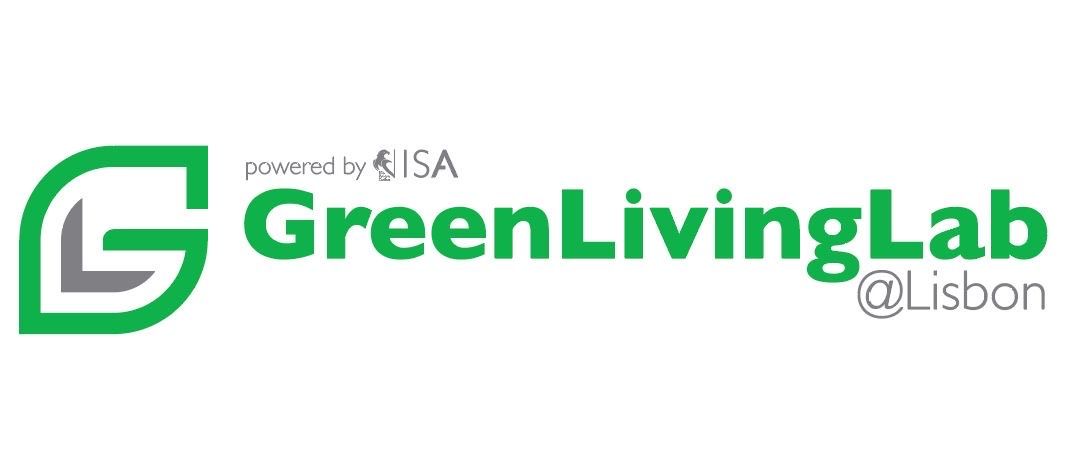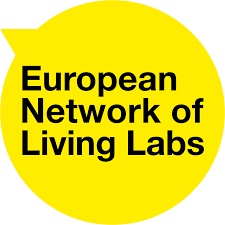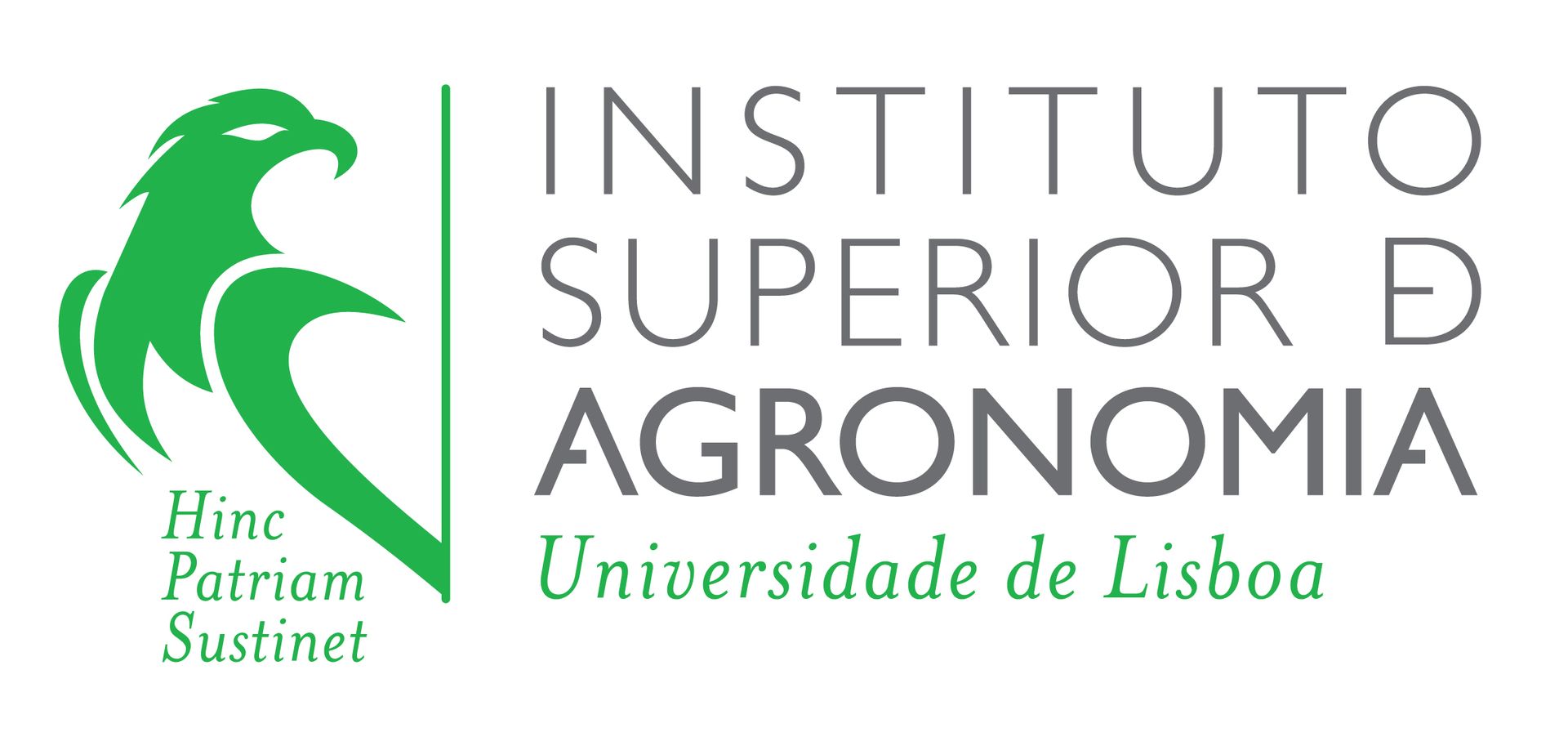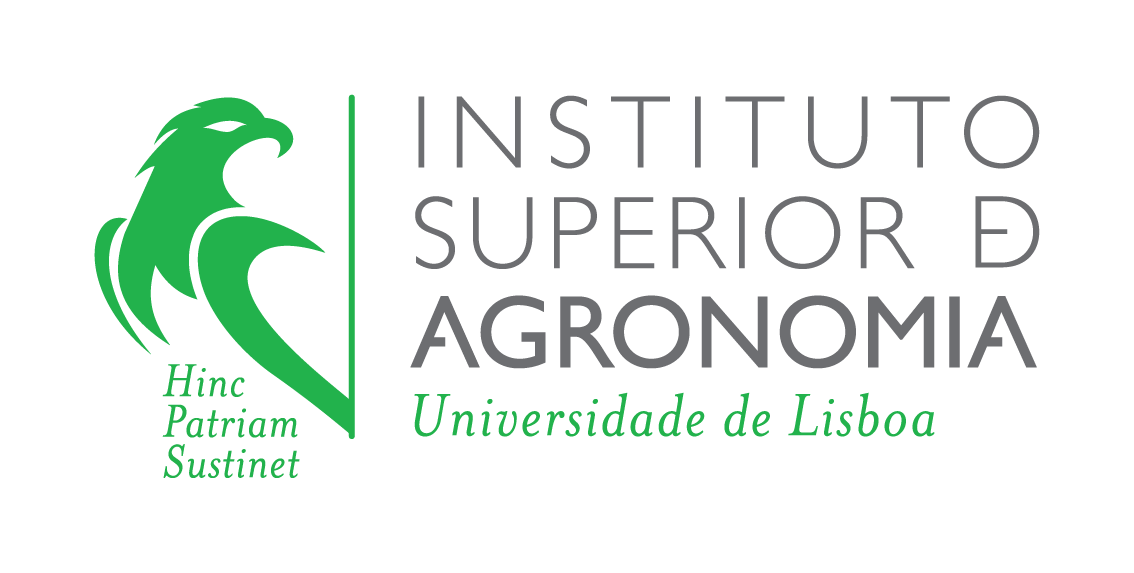REcircular House
Contribution to Science
The REcircular House merges established technologies with emerging solutions from ongoing research in Environmental Engineering at ISA. It facilitates pilot-scale research, particularly focusing on phosphorus recovery as struvite and wastewater treatment through a nature-based approach—specifically, a constructed wetland. An advanced phosphorus recovery unit was designed to extract phosphorus, in the form of struvite, from urine collected by a urine-diverting toilet. The reactor includes an advanced oxidation process to ensure the non-pathogenic safety of the recovered struvite. The constructed wetland enables the study of various design aspects of greywater treatment and the reuse of treated water for irrigation. The REcircular house also features an off-grid photovoltaic energy system and an online air monitoring capability.
Societal Impact
The REcircular House demonstrates how to foster applied sustainability at the household level, especially through renewable energy, such as photovoltaics, and resource recovery. The constructed wetland and photovoltaic systems are highly applicable in decentralized contexts, making them practical solutions for real-life implementation in autonomous homes, also in peri-urban areas. By sharing the knowledge of our green living lab, ISA's partners gain the necessary tools to make informed and smart decisions.
Application in Education
The REcircular House provides a foundation for hands-on and pilot-scale work. Examples are environmental engineering students learning to monitor the efficiency of the nature-based treatment process or assessing the crystallization process of struvite formation. This practical experience enhances their understanding of theoretical concepts taught in class and promotes project-based learning. Additionally, it serves as a valuable resource for developing Master's theses focused on the various technological routes demonstrated.
Notable Facts / Curiosities
Since 2023, it has been inhabited by a family with two children.
Contact: Prof. Rita Fragoso (ritafragoso@isa.ulisboa.pt)





